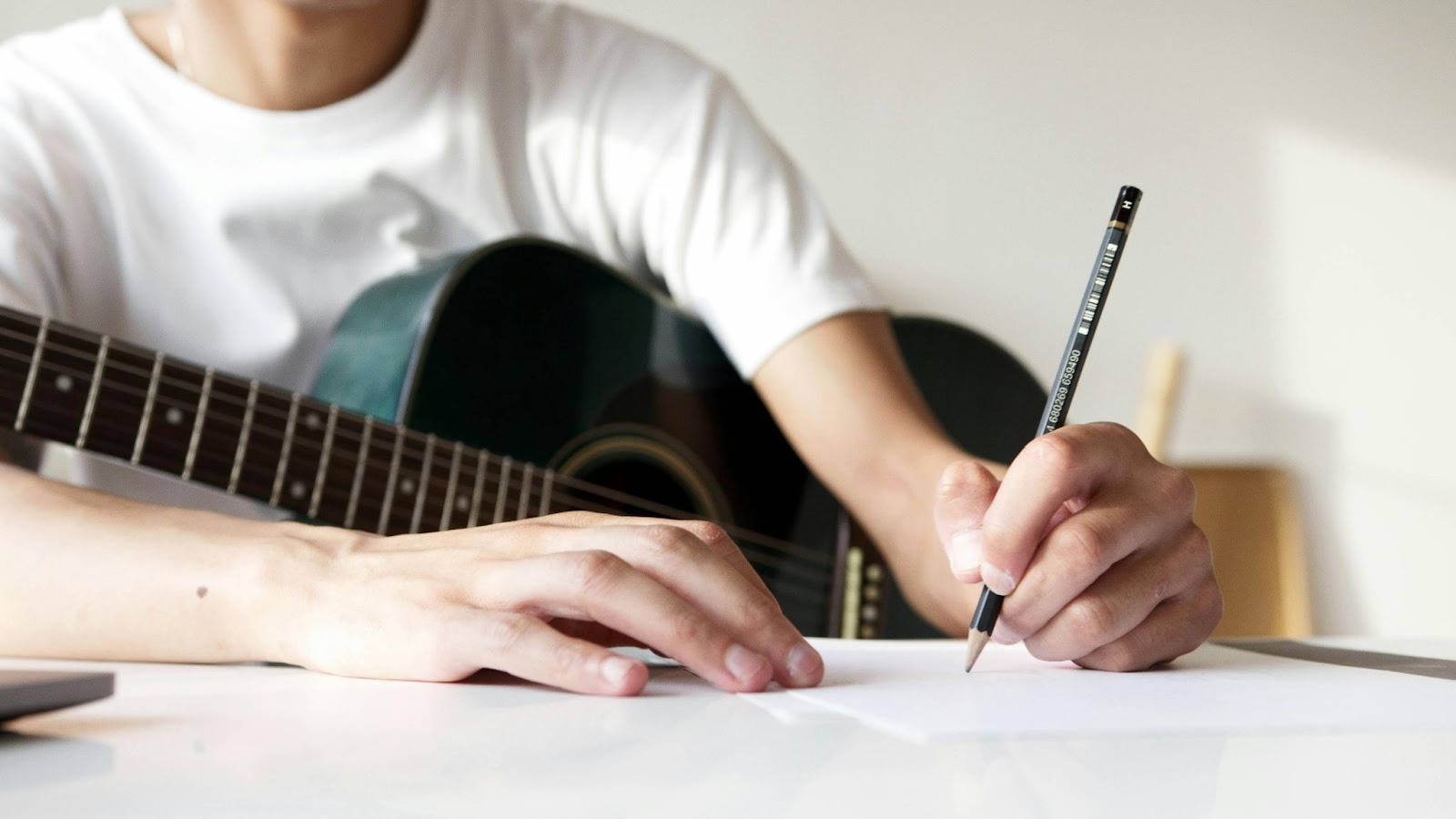Whether you keep up an activity frequently or only once a year, science shows that your mental health is benefitted regardless. A scoping review from 2025 found three key themes that emerged when investigating the benefits of hobbies.
A 12 year-long longitudinal study published in 2020 found that in older adults with depression, taking up a hobby increased their odds of recovery by 272%. For participants who didn’t have depression at the start of the study, the odds of developing depression were 32% lower if they had a hobby. The researchers concluded that because of the impact of hobbies, they could be considered a supplemental treatment. For individuals with chronic anxiety or GAD, hobbies can be considered a healthy coping mechanism, and a great substitute for habits such as drinking or smoking.
In general, participation in hobbies reduces cortisol, a hormone that causes feelings of stress. Even if someone doesn’t have severe mental health problems, they can still benefit from the mood regulation, feelings of relaxation, and happiness that hobbies promote.
Engaging in hobbies can help to establish a sense of purpose and even decrease the risk of mortality for the elderly. Many of the studies I found focused specifically on the effectiveness of music. A German study exploring well-being in hobby musicians revealed that on the days when participants played their musical instruments, they experienced a higher sense of satisfaction and well-being. Participants in the study felt like they had gained a sense of autonomy for being able to successfully play the instruments themselves, had increased competency through their skills gained, and had a sense of community from being in a group. These feelings are directly connected to a sense of happiness.
Participating in a musical hobby satisfies participants’ basic psychological needs. Autonomous motivation in particular results in greater satisfaction and enjoyment than when people are pressured by others to perform. People who take up music or other hobbies because they want to tend to get so much more out of it than people who have to do it for non-personal reasons.
Social interaction is closely related to quality of life. Regardless of age, social interaction promotes feelings of contentment and fulfillment. For older individuals, social interaction is especially important to stave off feelings of isolation and improve mental health. The benefits of participation in creative hobbies extend beyond the hobby itself. Hobbies form social networks, new relationships, and the people who engage in them often have a more robust support system and are more likely to engage in non-hobby social activities.
A close-knit community is not just important for older adults, though. A 2019 study found that youths in disenfranchised neighborhoods often struggled to participate in group social activities, but did engage in hobbies. Engaging in hobbies led to fewer fights between friends and families, and improved relationships between them. For adolescents, hobbies promote competency, boost self-esteem, and provide coping mechanisms for kids that may be struggling with other areas of their lives. Not only do hobbies in group settings allow for but even hobbies practiced alone could still benefit these teens by improving their communication skills. Hobbies give adolescents the emotional regulation and self-expression to improve their relationships in real time.
Adding a hobby to your already busy schedule can be daunting, and committing to it even more so. Here are some ways to go about choosing a hobby.

A hobby doesn’t have to be something you do every single day for the rest of your life. It can be something you do every so often. The key, however, is to make sure you can hold yourself accountable. Finding a hobby that’s extremely difficult or requires a lot of energy may not be the best decision, especially if you are using the hobby as a means of relaxation. If it stops being relaxing, fun, or feeling worthwhile, you’re not going to want to pick it up again. Here are some ways to make sure the hobby you’re considering is realistic.
Taking up a solo hobby can be the perfect excuse to find time for introverts to recharge their social battery. In this case, a hobby can be a great place to get to know yourself better. Who are you outside of school or work? Additionally, this might be a more viable option for people who have kids or animals to take care of, or have other reasons to stay at home.
For extroverts, group hobbies can be more ideal. Taking a class, going with a group, or with your significant other are all great ways to get your source of socialization. This can also be a great idea for people who work remotely or otherwise have trouble getting out of the house. Group activities are a great way to literally get yourself out of your comfort zone, as well as to help you get more involved in your community.

Creative hobbies can be anything that requires you to use your brain power to create something new. In particular, music, art, and dance have been found to have numerous benefits.
In young people, creative hobbies can boost cognitive development by promoting sustained attention, speed of information processing, cognitive flexibility and control, multiple simultaneous attention, working memory, and pattern recognition. These are just a few of the aspects of cognition that can be improved through music alone!
For older people, creative hobbies can
Athletic hobbies are a direct source of dopamine. Dopamine is an endorphin, one of natural mood boosters that reduce stress and anxiety, and it’s produced during and after exercise. It also increases brain-derived neurotrophic factor (BDNF), a protein that promotes the growth of new brain cells and improves resilience to stress. Finally, athletic hobbies can improve sleep quality, which is essentially for mood regulation.
If stress and sleep are your main concerns, consider joining an intramural sports team, going to the gym, going running or biking, or yoga. Whether solo or with a group, you’ll still receive benefits.
Philanthropic hobbies are a great way to both give back to yourself and the community around you. Spending time on these hobbies benefits, but also the people, environment, or animals you’re helping. Donating blood, volunteering, or raising money for a marathon are great examples of hobbies to take up. Philanthropic hobbies in particular usually require an individual to get involved in the community, which is a social bonus!
While creating strong habits and a regular schedule is highly beneficial, there is also usefulness to be found in hobbies that don’t happen on a regular basis. Dabbling in a hobby at a lower level of commitment allows you to try many more activities. You can gain different benefits from different hobbies. For example, music playing can strengthen muscle coordination, but music listening can reduce pain. Here are some examples of irregular hobbies.
No matter what occasional hobby you choose, from learning the guitar, to joining an intramural volleyball team, to volunteering at a soup kitchen, you’re going to get lots of rewards in the long run!